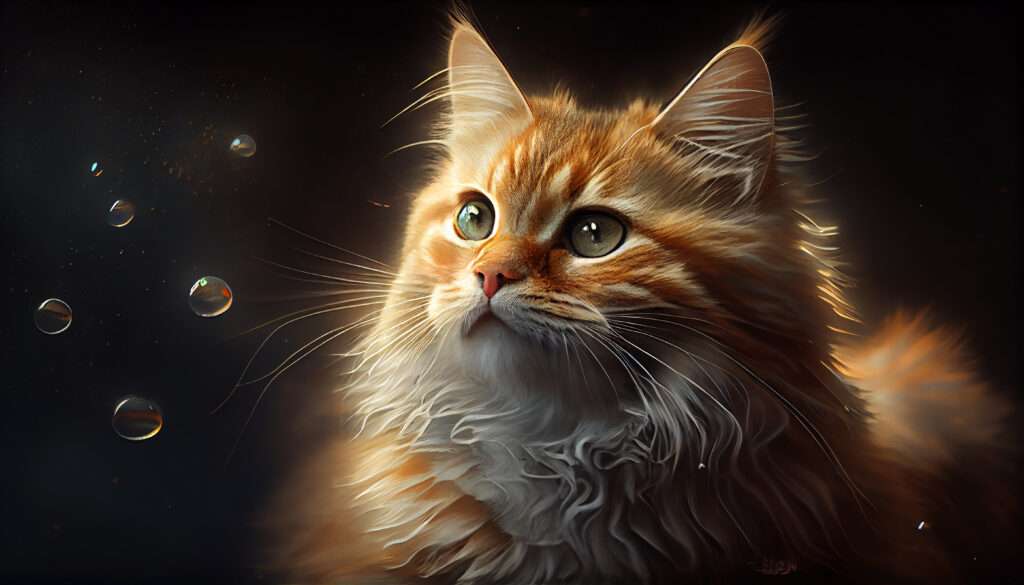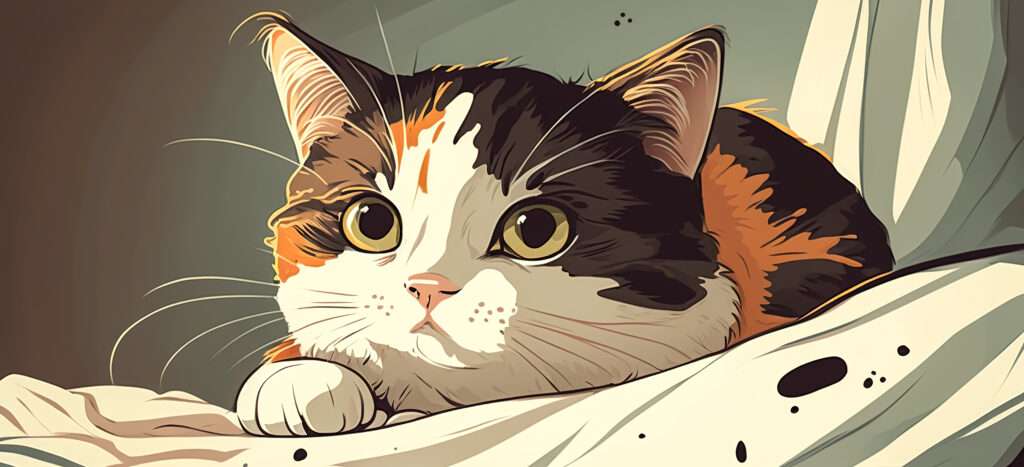Drawing:a4z_-ymtkr8= cat, as an artistic endeavor, offers boundless opportunities for creative expression. Among the myriad subjects artists choose to capture, cats stand out for their elegance, agility, and varied expressions. This article delves into the nuances of Drawing:a4z_-ymtkr8= cat, providing a thorough guide to mastering this art form. Whether you’re a fledgling or an accomplished craftsman, our thorough methodology will upgrade your abilities and lift your masterfulness.
Understanding Feline Anatomy

The foundation of any successful Drawing:a4z_-ymtkr8= cat lies in a solid understanding of the subject’s anatomy. Felines have an extraordinary skeletal and solid design that gives them their trademark effortlessness and nimbleness..
The Skeletal Structure
Cats have a flexible spine, allowing for their impressive range of motion. Their skeleton is designed for speed and agility, with a higher count of vertebrae compared to humans. The appendages are one more essential viewpoint, with forelimbs intended for strong jumps and rear appendages for speedy speed increase. Focus on the ribcage, pelvic bones, and the situating of the skull and mandible to catch the embodiment of a feline’s stance.
Muscular Details
Overlaying the skeleton, the strong framework gives a feline its particular forms. Understanding the significant muscle gatherings, for example, the latissimus dorsi, pectorals, and quadriceps, helps in delivering practical developments and positions. See how these muscles contract and extend with different exercises, from extending to hunching.
Capturing the Essence: Feline Features
Felines have particular facial highlights that are vital for catching their resemblance. From their expressive eyes to their jerking bristles, everything about.
Expressive Eyes
A feline’s eyes are one of its most characterizing highlights. The shape, size, and position of the eyes convey many feelings. Utilize light and shadow to catch the profundity and iridescence of the eyes. The understudies, which can shift from slight cuts to huge ovals, ought to mirror the feline’s present status of psyche — ready, loose, or inquisitive.
Ears and Whiskers
Ears are highly expressive and their position can indicate a cat’s mood. Whether they are livened up, leveled, or pivoted, catching this detail adds validness. Bristles are touchy and assume a fundamental part in a feline’s spatial mindfulness. Render them with fine, delicate strokes to convey their texture and importance.
Step-by-Step Guide to Drawing:a4z_-ymtkr8= cat
Step 1: Basic Shapes and Proportions
Start with simple shapes to outline the body structure. Use circles, ovals, and lines to delineate the head, body, and appendages. Guarantee the extents are exact, remembering the general size of the head to the body and the length of the appendages.
Step 2: Refining the Outline
When the fundamental shapes are set up, refine the blueprint by adding more detail. Characterize the bends of the body, the joints, and the place of the paws. Pay attention to the natural flow of the spine and the tail’s curvature.
Step 3: Adding Details
Focus on the details that bring your Drawing:a4z_-ymtkr8= cat to life. Add the facial elements, guaranteeing the eyes, nose, and mouth are precisely positioned and proportioned. Draw the ears with attention to their shape and position. Sketch the whiskers with light, fluid lines.
Step 4: Texturing the Fur
Fur texture varies across different parts of a cat’s body. Use short, swift strokes for shorter fur and longer, flowing lines for areas with longer fur. Pay attention to the direction of the fur growth, which can enhance the realism of your Drawing:a4z_-ymtkr8= cat.
Step 5: Shading and Highlights
Shading adds depth and dimension to your Drawing:a4z_-ymtkr8= cat. Identify the light source and apply shadows accordingly. Use softer shading for gradual transitions and sharper lines for defined shadows. Features, particularly around the eyes and nose, add a feeling of authenticity.
Common Mistakes and How to Avoid Them

Incorrect Proportions
One of the most common mistakes is incorrect proportions. Always start with a basic skeleton to ensure accuracy. Measure relative sizes and angles frequently to maintain correct proportions throughout the Drawing:a4z_-ymtkr8= cat.
Flat Drawings
Lack of depth can make a Drawing:a4z_-ymtkr8= cat appear flat. Consolidate concealing and features to make a three-layered impact. Utilize changing line thicknesses to show various planes and surfaces.
Overlooking Small Details
Details such as whiskers, pupils, and fur direction can greatly enhance the realism of your Drawing:a4z_-ymtkr8= cat. Don’t rush these elements; take your time to render them accurately.
Advanced Techniques for Realistic Cat Drawings
Dynamic Poses
Capturing a cat in motion adds a dynamic quality to your Drawing:a4z_-ymtkr8= cat. Study photographs or real cats to understand how they move. Use gesture Drawing:a4z_-ymtkr8= cat to practice capturing the essence of motion in quick, fluid sketches.
Realistic Textures
Try different things with various apparatuses and methods to make practical surfaces. Utilize a mix of pencils, pens, and erasers to accomplish the ideal fur surface. Think about the sort of fur — short, long, fleecy, or smooth — and adjust your method likewise.
Expressive Features
Emphasize the cat’s expressive features. Capture the nuances of their facial expressions and body language. Practice Drawing:a4z_-ymtkr8= cat different emotions, from curiosity and playfulness to relaxation and alertness.
Conclusion: Perfecting Your Craft
Drawing:a4z_-ymtkr8= cat requires patience, practice, and keen observation. By figuring out cat life structures, focusing on expressive features, and practicing regularly, you can master the art of Drawing:a4z_-ymtkr8= cat. Each Drawing:a4z_-ymtkr8= cat is an opportunity to improve and explore new techniques. Embrace the challenge and enjoy the creative process.
Stay in touch to get more information on Tech Up Net! Thank you
